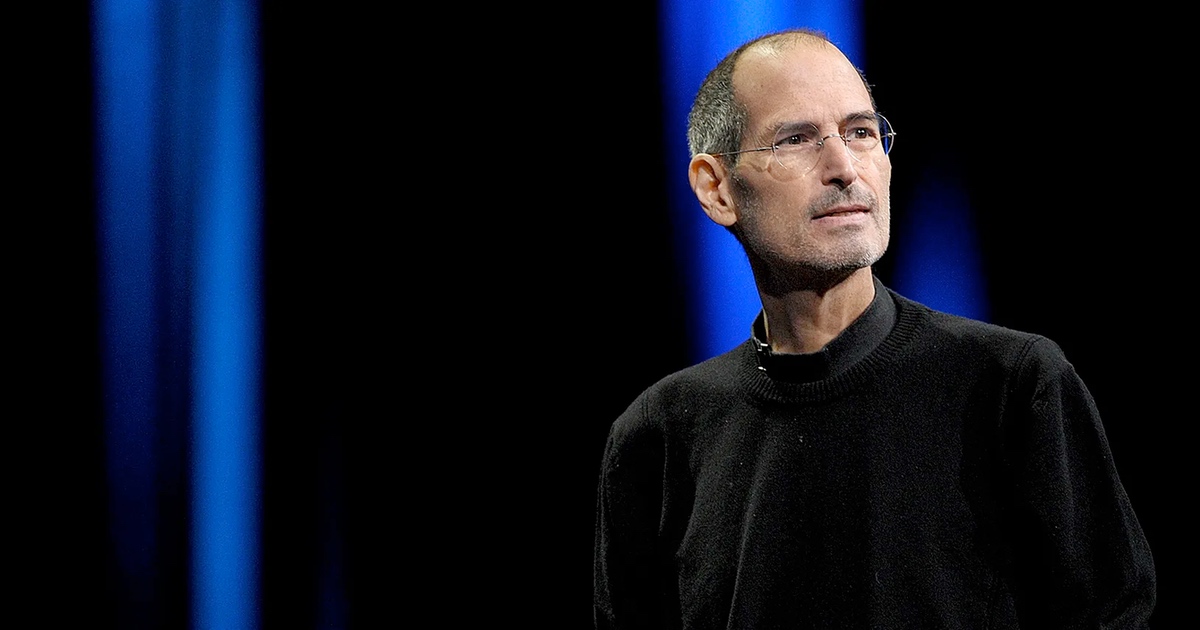
Top 4 Marketing Lessons from Steve Jobs
Steve Jobs was once quoted saying "the people who are insane enough to think that they can change the world, actually change the world". Steve Jobs was not just a business magnet, but a marketing genius who laid a strong foundation for a marketing strategy that Apple continues to rely on to date. With little background in the corporate world, Steve managed to turn around Apple from a company on the verge of bankruptcy to one of the most successful companies in history. Here are the top marketing lessons from the business magnet.
1. Build a great product
Steve believed that a great marketing strategy begins and ends with a great product. Marketing a substandard product is not just difficult, but an injustice to customers. Kawasaki, one of the people who worked closely with Steve, mentioned in an interview that Steve didn't like 'pushing down crap to marketers'. His vision was to build an amazing product that would help people create new experiences, and this he pursued with zeal. As a marketer, your wit and diction might get you through the door, but what will get customers to use your product is the experience they will get. A great product markets itself, and you will only invest in creating awareness about its existence. Thus, like Apple, create an amazing product, one that will outlive your existence. Remember, a great product requires no introduction, thus your product should meet this objective.
2. Stand for something
When Steve Launched Apple in 1977, he believed in three things:
-Apple was created with customer empathy at the heart of its vision.
-Apple was created to focus on a few things, and do them well.
-Apple was driven by simplicity and high quality at the core of its values.
These three company principles have remained at the core of Apple's operations for the last 35 years. These principles are visible not only in the company's products but in the packaging, design, distribution channels, people culture, and even in Apple's press releases. When you stand for something, it creates consistency and gives you a unique attribute in the market.
What do you stand for? What defines your product or company? You must be known for one thing and work consistently to maintain the image. If you want to create high-value products, ensure all aspects of your products scream high-value. If you want to be known for affordability, ensure every aspect of your business is about affordability. When you stand for something, you give the customers an easy time identifying with your brand. For instance, if your brand is perceived as a high-value luxurious product, then it is easier for the 'cool kids' to relate to your product. On the other hand, if you want your brand to appeal to the ordinary population, then affordability, durability, and simplicity are some of the attributes which should describe your brand.
3. Don't shy away from spending on your marketing strategy
In 1984 at the launch of the Macintosh, Steve showed the world that he was not afraid to spend money to make a great impression. The commercial, which cost an estimated $1.7 million, was described as one of the most expensive commercials in history. However, when the commercial featured the super bowl, the ad paid off. In the coming years, the ad generated enough coverage for the Macintosh.
As a marketer, have a decent budget to market your company. Every aspect of your marketing strategy should be handled by the best in the business. Steve hired award-winning director Ridley Scott to direct the commercial. He could have paid less to an upcoming director, but he understood he needed the best commercial. Have a content creator, photographer, video editor, and other members handle the specifics of your strategy. Don't be a jack of all trades implementing your strategy. Outsource to the best and create the items you are perfect at creating.
4. Turn your customers into your evangelists
Steve succeeded at turning Apple customers into evangelists. Every time Apple announced a new product, the thousands of customers who lined up at the Apple store to buy the latest version acted as brands ambassadors. Through the years, Apple has succeeded in keeping customers glued to their product launches, even going to the extent of producing some items on pre-order terms.
If you can turn your customers into your brand ambassadors, you will reduce your marketing efforts by up to 50%. As a marketer, focus on creating an exceptional experience for your customers to give them a reason to recommend your product. Remember, customers trust a referral from friends and family more than marketing initiatives. Strive to impress your customers by creating great products backed by exceptional customer service.
These lessons from the Apple co-founder can help you not only to be an exceptional marketer but a great leader.
Author: Willy Paul




